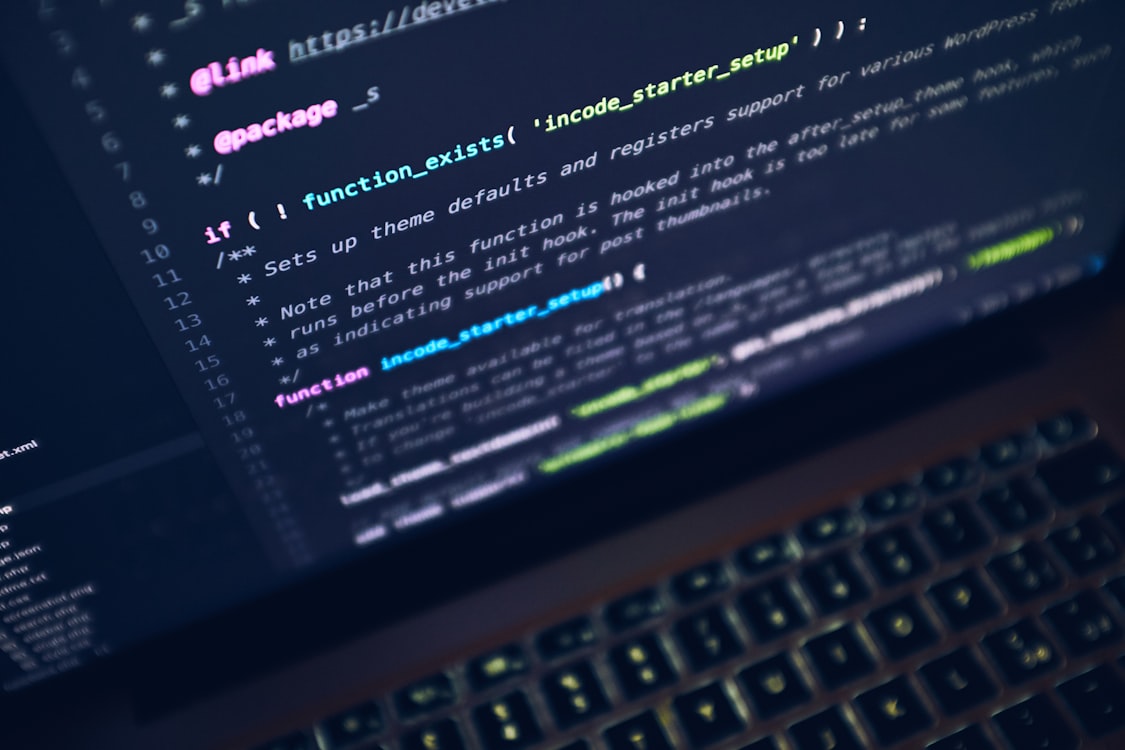January 5, 2025

Did you know that empty tables cost restaurants an average of $80,000 per year? That's a staggering amount that could make or break a business. In today's competitive dining landscape, maximizing table turnover isn't just about filling seats - it's about strategic management and leveraging technology to boost efficiency.
Enter AI-powered restaurant reservations. These smart systems are changing the game, helping restaurants optimize their seating arrangements and significantly increase their bottom line. But how exactly do they work, and what benefits can they bring to your establishment?
AI reservation systems use complex algorithms to analyze historical data, current trends, and even factors like weather to predict customer flow. This allows restaurants to:
By leveraging these insights, restaurants can significantly improve their table turnover rates. In fact, studies show that AI-driven table allocation can increase revenue by up to 30%.
Traditional reservation methods often lead to inefficiencies and missed opportunities. AI-powered systems streamline this process by:
This level of automation not only improves the customer experience but also frees up staff to focus on providing excellent service to diners already in the restaurant.
As demonstrated in the video above, AI receptionists can handle reservations efficiently, providing a seamless experience for both customers and restaurant staff.
One of the most powerful features of AI-powered reservation systems is their ability to implement dynamic pricing. This means:
By optimizing pricing and inventory, restaurants can maximize their revenue potential while ensuring a smooth dining experience for all customers.
AI doesn't just optimize operations - it can also enhance the customer experience. Advanced systems can:
This level of personalization can significantly boost customer satisfaction and loyalty, leading to increased repeat business and positive word-of-mouth referrals.
No-shows and late cancellations can be a significant drain on a restaurant's resources. AI-powered systems combat this issue by:
These strategies can reduce no-show rates by up to 40%, ensuring that your tables stay full and productive.
To truly maximize efficiency, AI reservation systems should integrate seamlessly with other restaurant management tools. This integration allows for:
By creating a cohesive ecosystem of restaurant management tools, AI reservations systems can help optimize every aspect of your operations.
Implementing an AI-powered reservation system doesn't just benefit customers - it can significantly improve staff productivity as well. With these systems in place:
This increased productivity can lead to higher job satisfaction and lower turnover rates among staff, further improving your restaurant's operations.
The benefits of AI-powered reservation systems aren't just theoretical - they're being realized by restaurants around the world. For example:
These success stories demonstrate the tangible benefits that AI can bring to restaurants of all sizes and styles.
While the benefits of AI-powered reservation systems are clear, implementing them can come with challenges. Some common hurdles include:
However, with proper planning and support, these challenges can be overcome. Many AI system providers offer comprehensive onboarding and ongoing support to ensure a smooth transition.
As AI technology continues to evolve, we can expect even more innovative features in restaurant reservation systems. Some exciting possibilities include:
These advancements promise to further streamline operations and enhance the dining experience for customers.
The video above provides an insightful look into the future of AI in the foodservice industry, highlighting trends that will shape restaurant operations in the coming years.
AI-powered restaurant reservations are more than just a trendy tech addition - they're a powerful tool for maximizing table turnover and boosting revenue. By leveraging predictive analytics, streamlining processes, and enhancing the customer experience, these systems can transform restaurant operations.
For restaurants looking to stay competitive in today's fast-paced dining landscape, implementing an AI reservation system is becoming less of a luxury and more of a necessity. Our product, Loman.ai, offers a comprehensive AI solution that integrates seamlessly with your existing systems to optimize reservations, reduce no-shows, and maximize table turnover.
As we move into an increasingly digital future, the restaurants that embrace these technologies will be best positioned to thrive. The question isn't whether you can afford to implement AI-powered reservations - it's whether you can afford not to.
While results can vary, many restaurants report revenue increases of 15-30% after implementing AI reservation systems.
No, AI reservations are designed to augment, not replace, human staff. They free up your team to focus on providing excellent in-person service.
With the right provider, implementation can be quite smooth. Loman.ai, for example, offers comprehensive support and integration services to ensure a seamless transition.
Absolutely! AI systems can be scaled to fit restaurants of all sizes, often providing even more significant benefits for smaller establishments with limited staff.
Advanced AI systems can record and manage special requests and dietary restrictions, ensuring this information is communicated to the kitchen and staff for a personalized dining experience.

Enter your information in the form to receive a call from Loman and place an order like a customer would!